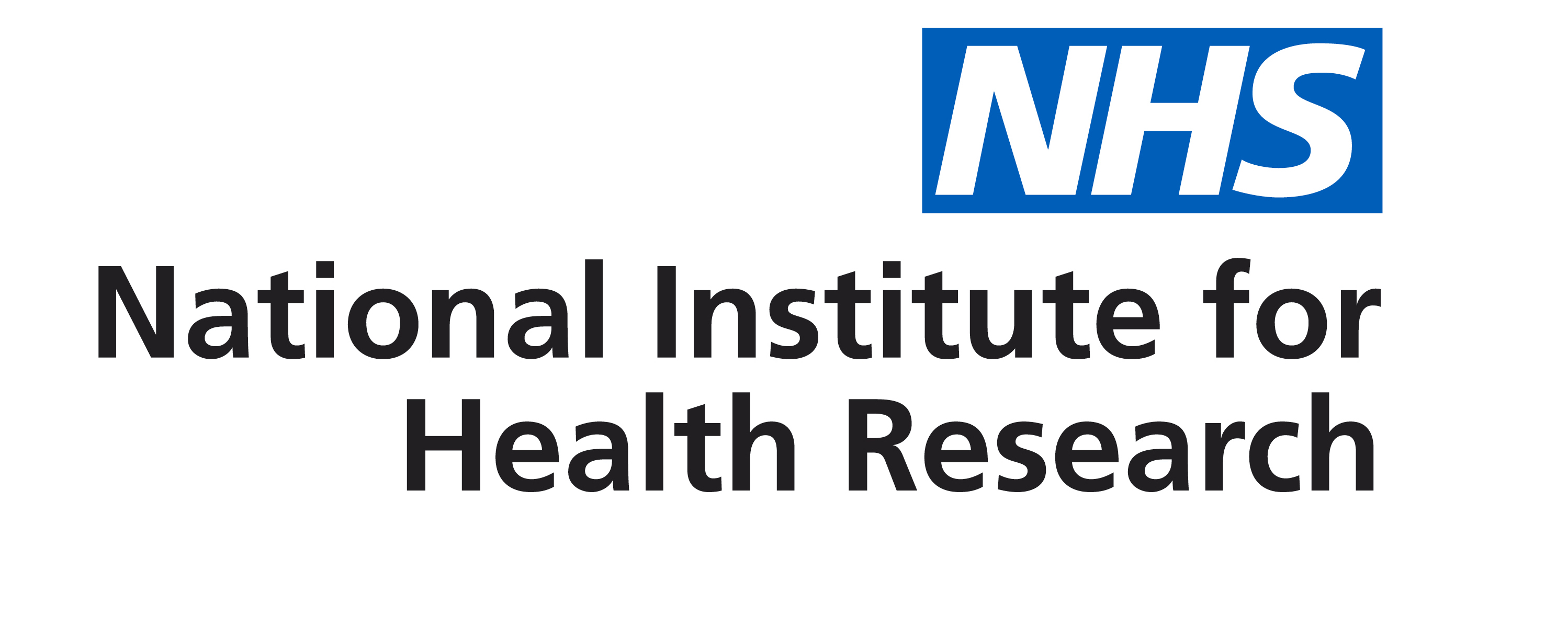3. Cost-effectiveness study
Maternal obesity increases the risk of multiple maternal and infant pregnancy complications, such as gestational diabetes and pre-eclampsia. Current UK guidelines use body mass index (BMI) to identify which women require additional care due to increased risk of obesity-related complications. However, BMI may not accurately predict which women will develop obesity-related complications during pregnancy as it does not determine amount and distribution of adipose tissue. Some adiposity measures such as waist circumference, and ultrasound measures of abdominal visceral fat can better identify where body fat is stored, which may be useful in predicting obesity-related risk and identifying those women who need additional care. Failure to predict pregnancy risk results in harm for mother and child and increases healthcare costs.
The objective of the economic evaluation is to estimate the cost-effectiveness of using candidate adiposity measures/models versus BMI for predicting risks of adverse pregnancy outcomes in women using resource use and outcomes data collected from routine hospital records.
Given the complexity of the decision problem and experiencing different complications during pregnancy, a decision tree model followed by a Markov model will be developed to evaluate the cost-effectiveness of adiposity-based prognostic measures/models compared to the current use of BMI for risk prediction among pregnant women. The results of the assessment will be expressed as the incremental cost per adverse pregnancy outcome avoided. This study will be conducted from the perspective of National Health Service and personal social services.




